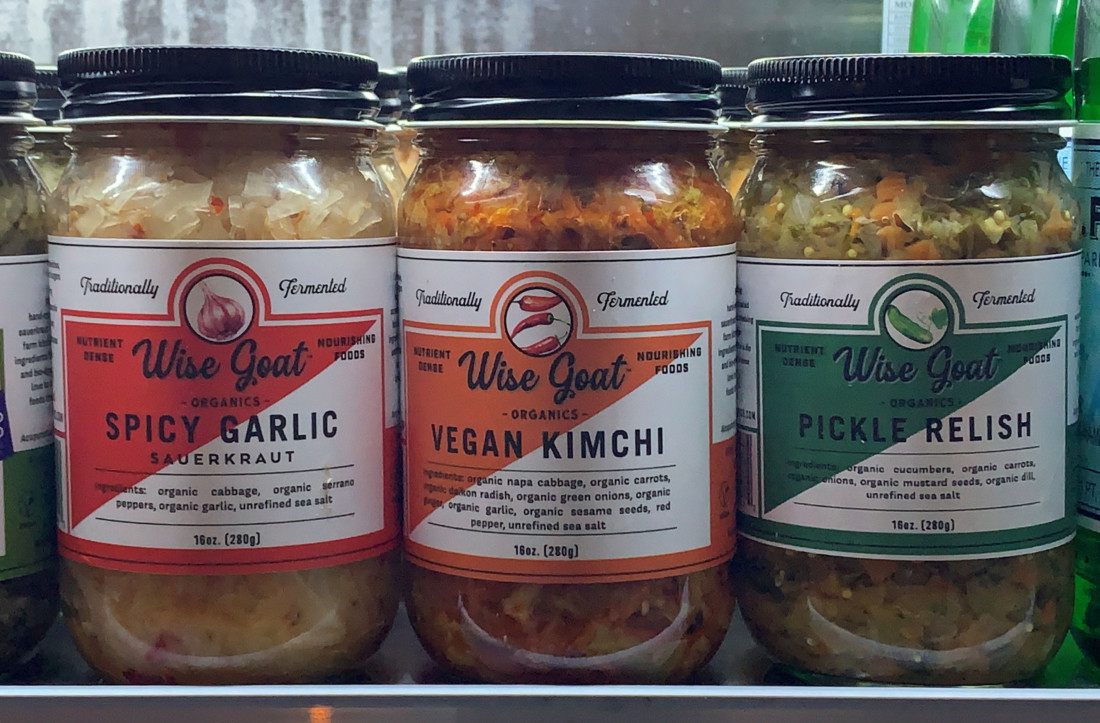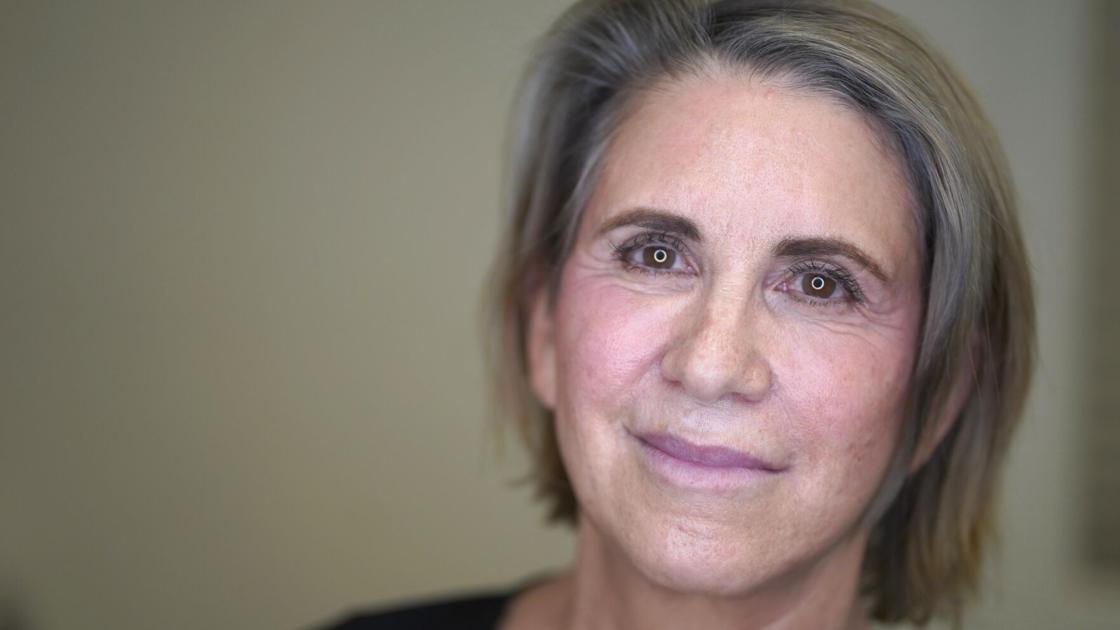Christian McBride is a man of many titles.
McBride, the six-time Grammy-winning bassist, serves as jazz adviser for the New Jersey Performing Arts Center in Newark as well as artistic chair of Jazz House Kids, the Montclair-based organization working to educate children through jazz. He’s also co-artistic director of the National Jazz Museum in Harlem and artistic director of Rhode Island’s Newport Jazz Festival.

All of this is to say that McBride, also the host of “Jazz Night in America” on National Public Radio, had several fronts from which to view the artistic, business and personal toll of the COVID-19 pandemic in 2020.
“NJPAC, Jazz House Kids, Jazz Museum in Harlem, Newport Jazz Festival, every organization I’ve been involved with, everybody’s running,” McBride said. “It’s both a sprint and a marathon, so everybody’s running hard and fast trying to stay out there.”
#SaveOurStages: How the new COVID-19 relief bill will help entertainment venues
So it’s gone across our region, as folks from every walk of life have worked tirelessly to simply survive and see the next day.
“Like most people, you just can’t wait for (the year) to be over,” said Bruce Schoenberg, owner of Oasis Day Spa with locations in Dobbs Ferry in New York’s Westchester County and Manhattan.
“It’s just been such a challenging time, not just for yourself — me as somebody that’s a business owner and a father, even my employees are like my family — you just see how much this whole ordeal has impacted everybody’s lives,” said Schoenberg, “and it puts a lot of things into perspective.
“So I’m ending the year realizing we made it through the year, we survived the year even though things are tenuous, but there is hope and light at the end of the tunnel.”
There have been more than 17 million cases of COVID-19 in the United States, with more than 316,000 deaths as of Dec. 21, according to the Centers for Disease Control and Prevention.
The lockdown of most aspects of everyday life, which hit our region in mid-March, had a devastating, destabilizing impact on countless individuals and businesses.
As 2020 approached its end, we reached out to people in our region to learn how they survived the year, and what their hopes are for 2021.
The salon: ‘Seven days a week, just to break even’
“It feels very good to put 2020 behind us,” said Laurie Hailey, owner of Shift Hair Studio in Wilmington, Delaware.
Delaware salons were initially allowed to open at reduced capacity for essential workers in May.
“The rules as far as cleaning and what extra steps we had to do really didn’t change that much,” said Marco Tassone, an independent stylist who rents space in Shift from Hailey. “I mean, we had to make sure everybody has their face masks on. We were taking temperatures when clients walked in the door. Everybody washed their hands immediately upon entry. We had sanitizers at every single station. We just wanted to make everybody feel as comfortable as possible, and we wanted to protect ourselves as well.”
The reduced capacity has also meant Hailey and Tassone work longer hours.
“Instead of working eight-hour days we were working 10-hour days,” said Hailey. “Instead of five days a week we’re working six, sometimes seven days a week, just to break even, just to make what we used to make. Because typically I would do 12 people a day, now I can only do six or seven a day.
“So how am I going to keep the doors open and make the money I need to make just to survive? That means we have to work more. We have to work longer and more days a week. So that’s how we survived.”
The gym: ‘I’ve been working free for almost a year’

Tia Long — owner, instructor and personal trainer at Stellar Fitness in York, Pennsylvania — had 17 employees before her business shuttered in March. She’s now down to seven and not paying herself, instead putting everything she can back into her studio in an effort to keep her doors open.
“I’ve been working free for almost a year,” she said.
Pennsylvania governor Tom Wolf issued an executive order re-closing gyms earlier this month, but Long is one of the fitness professionals in the state who remained open in defiance of Wolf’s order.
“Our first shutdown I received very, very, very little assistance, not even enough to cover one month’s rent,” she said. “So honestly, if I would be shut down again I would not be able to open my doors again. I have nothing else to pull from, anything else to stay open.”
Long said there are less than 10 clients in each of Stellar’s classes, with no more than 20 people in the 5,300-square-foot building at any one time. Stellar also offers virtual classes online.
“Everybody’s wearing masks. We’ve been doing the right things since day one,” she said. “In fact, even before COVID we’ve always cleaned. We’ve always done everything right.”
The restaurant: ‘We can’t complain’
After working jobs in concrete construction and office cleaning, he found his calling while washing dishes at an upscale restaurant. “I want to be a chef,” he remembers thinking. “I want to cook this way. This is cool.”
Neno’s Gourmet Mexican Street Food started with a 10-foot food trailer, which was followed by a food truck. Two siblings joined him as partners, and they opened a cozy takeout restaurant in 2018. Just before Christmas 2019, they opened a sit-down restaurant. They closed the original take-out restaurant to convert it into a taco bar that also would sell Mexican groceries.
But on March 20, New York required restaurants to close indoor dining rooms. Sales at the new restaurant became “really, really, really bad,” Fidelio said. Festivals, events and celebrations were canceled, leaving the food cart and truck with an empty calendar.
To make matters worse, the original restaurant and its contents were destroyed in a massive fire in April. The next day, Rita lacked energy during his shift and that evening, he felt short of breath and an ambulance transported him to the hospital. Tests were negative; the doctors told him the symptoms most likely came from stress and he needed to take time to rest.
His health and his business have since rebounded. He is running four times a week. He has cut back on his 80- to 100-hour work weeks and is sleeping more than he used to.
Take-out sales have increased, one of the food trucks is serving Sundays at a farmers market and the family is serving food at Star Cider in Canandaigua.
Rita is eyeing opportunities to grow the business in 2021 to help employ more of the people who stop by the restaurant looking for work.
“We can’t complain about business,” he said. “People are always here and support our business. We’re doing great.”
The winery: Stranded in France

Being stranded in France for more than five months wasn’t exactly the worst situation to befall the French owners of Domaine LeSeurre Winery in New York’s Finger Lakes wine region. But the situation would eventually take their winery to the brink of disaster.
Céline and Sébastien LeSeurre, along with their daughters, Laurette, 5, and Manon, 3, traveled to France in February to renew their visas. They also planned to visit family and to show their daughters the sights of Paris.
Their 2019 wines were in tanks, and they trained their staff how to stir the lees and check for overflows. They would bottle in August. “We had time,” Sébastien LeSeurre said.
But while they were visiting Céline’s family in the South of France, President Donald Trump announced a travel ban that included France. “With our visa, we could not come back at all,” Sébastien said.

Assuming the ban would be brief, they were not initially concerned. They stayed in regular contact with employees. They closed the tasting room to keep their staff safe — a risky decision as the winery usually sells more than 95 percent of its wines from its tasting room — and announced on social media that they were open for curbside sales. They also offered online sales and shipping deals.
After a two-month quarantine in Bagnères-de-Luchon, in the foothills of the Pyrenees mountains, they headed to Champagne to help Sébastien’s family with their winery.
In April, they laid off one of their two remaining employees, making tasting room manager Holly Fusco the lone employee.

As word spread about the LeSeurres’ predicament, people in the Finger Lakes wine industry reached out with offers of help. Their next-door neighbor, Peter Weis, the German owner and winemaker of Weis Vineyards, stopped in to check on the wines. Another neighbor mowed the lawn.
Fusco rearranged the tasting room and set up the new press pad with an outdoor tasting area. When the winery reopened on June 12, visitors came out in droves and they hired additional staff.
As the summer progressed, the LeSeurres grew anxious. The wine in tanks and barrels had to be bottled to make room for the 2020 harvest.
They had heard that a way around the travel ban was to travel as guardians to their daughters, who are American citizens. They booked expensive flights, and after a stressful journey, they were allowed in the country. They quarantined 15 days before working in the winery.
They finally bottled in September, more than a month late and just barely in time to bring in the 2020 harvest. “This is one of the beautiful things about 2020,” Sébastien LeSeurre said. “It’s one of the best vintages we have ever seen.”
The bar and the brewery: ‘We’re dying here’
Club Feathers, New Jersey’s oldest gay bar, made headlines in July when it launched a crowdfunding campaign via GoFundMe in an effort to cover $75,000 in rent and taxes for the hotspot, a fixture in River Edge for more than 40 years.
“We’re dying here,” Paul Binetti, owner of the nightclub, told the USA TODAY NETWORK at the time.
To date, the campaign has raised more than $60,000 from about 1,200 contributors.

Moving to a new facility during a pandemic presents its own logistical challenges, but in the case of Cushwa Brewing Company of Williamsport, Maryland, the move to a larger space was the business’ saving grace.
The brewery’s new site had space for a canning line that co-owner Garrett Chambers and his staff were trained on just before the world shut down.
Turns out having the ability to pivot to a production-heavy business model came in handy during the to-go-only days of the pandemic.
“That canning line — honestly it saved our business,” Chambers said, “because if we didn’t have that … there wouldn’t have been money to pay the bills.”
While Maryland has allowed breweries to re-open at half capacity, with some counties opting for tighter restrictions, Chambers said selling beer to the public hasn’t been an issue.
“We haven’t had a problem moving the beer. We have a lot of local support,” he said.
What comes next?
“I hope that the progress they’re making with the vaccine and other things pans out to be helpful,” Chambers said. “It’s so hard to be focused on money and a business when we have such a serious health crisis going on, so obviously we’re hopeful that this gets taken care of and people start to get better and stop the spread and things.
“But obviously because this is how we support our families, my additional hope is that once people are healthy we can get back open 100 percent and we can open this place up and really have the grand opening we never had and just get people back in here and find a new normal.”
With people around the world forced to find silver linings wherever they can, enterprising individuals are taking note of lessons they’ve learned during the pandemic.
At their winery, the LeSeurres plan to stick with online ordering and outdoor tastings, and Long tells us her fitness studio will keep its class sizes small in order to give more personal attention to its clients.

McBride and his wife, singer and Jazz House Kids executive director Melissa Walker, opted to move all of the organization’s classes online.
“We felt like we didn’t have really much of a choice,” McBride said. “We didn’t know if it was going to work. We didn’t know how it was going to work, but we thought, ‘If we don’t at least try it then we’re doomed.’ ”
“Venues that do live streaming, that’s not going to go away,” McBride said. “And on the one hand I think that’s a great thing, because imagine now someone in Asia or Europe or Eastern Europe, wherever it is, they can now tune in to see a live concert coming from New York at any given time.
“So the world is about to become (smaller) than it is. I think the Internet in general really made the world a lot closer together, but in terms of what this will do for the arts community, that’s one thing that I believe will (be) a real positive to come out of this.”






More Stories
Check out Now: How the Winnebago are planting ancient corn to regrow their lifestyle | Nebraska Information
COVID-19 vaccine, Steube signed on to election go well with, polarization
Murphy Auto Team and Golden Harvest Food Bank Changing One particular Lifestyle at a Time